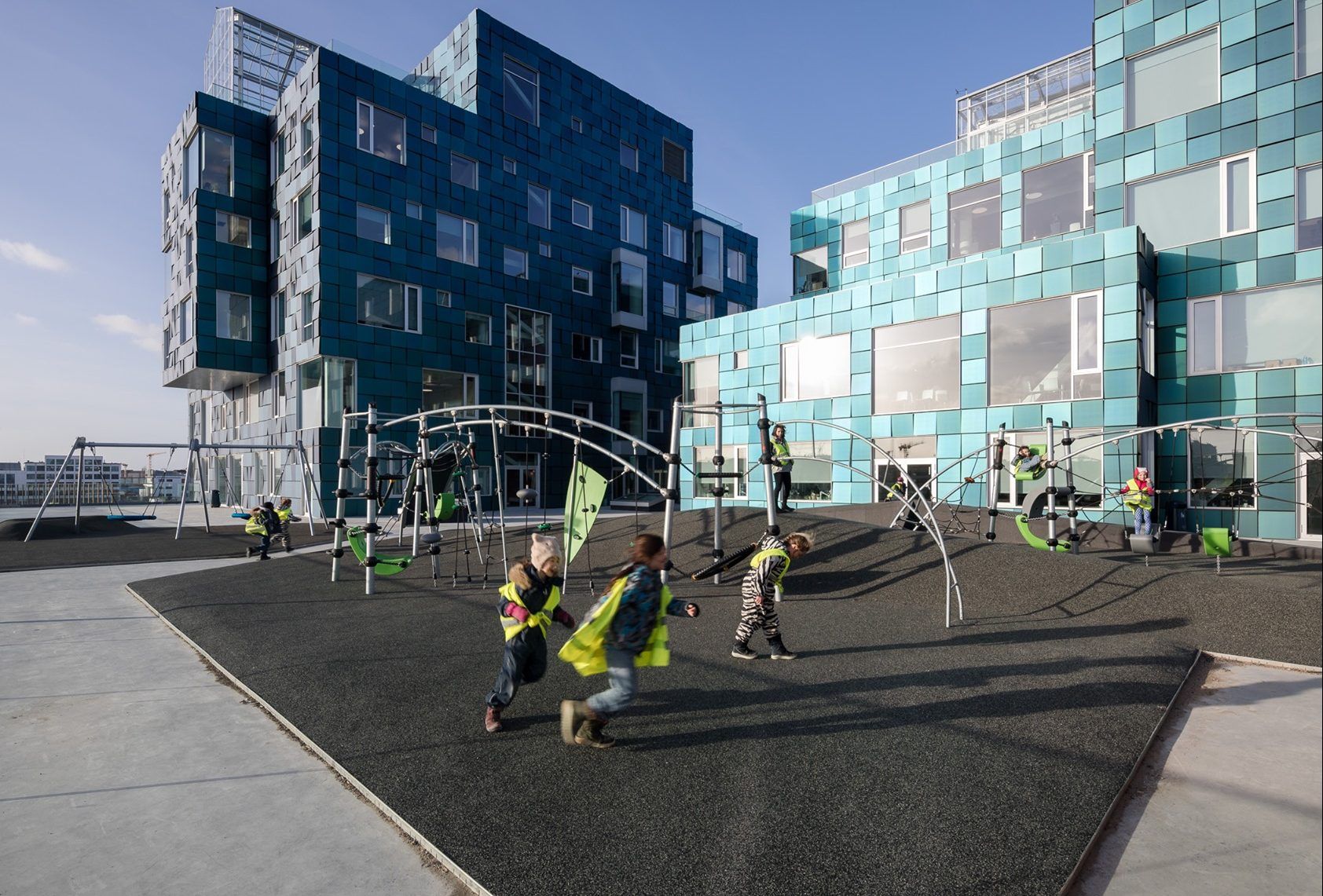Three years ago, a report released by the economic and political think-tank Arbejderbevægelsens Erhvervsråd (AE) concluded that the education sector was witnessing a gradual migration of pupils from public to private schools – most particularly international schools.
And it would appear to be born out by the waiting lists, as the majority of international schools in Hellerup, the hotbed of international schools in Denmark, have them.
Nearly one in five
The AE report concludes that an increasing number of children in Denmark have been attending privately-funded friskoler since 2009.
In 2019, 18 percent of pupils in the first grade attended private schools, compared to just 13 percent in 2009. An increase of 5 percentage points was also experienced among pupils attending private schools in the 8th grade.
The overall conclusions were crystal clear. Children from the higher and middle income groups in Denmark are increasingly attending private schools, and this has been detrimental to the operational efficiency of every fifth public school.
The figures are backed up by 2017 data from Danmarks Statistik, which calculated that there are around 550 friskoler in Denmark catering to 110,000 pupils nationwide – some 17 percent of the school-going population.
In the same year, the current government party Socialdemokratiet, back when it led the opposition, identified friskoler as a serious opponent of integration and said it would like to see their funding cut.
Friskoler have a reputation for being Muslim, but in reality there are only 26 such schools, of which 10 are in Copenhagen, catering to around 5,000 students.
Cheapest in Europe
Discretionary income has been growing quickly among the higher and middle income groups over the last two decades, but yet private schools are incredibly cheap.
Thanks to generous support from the state, which pays 73 percent of all their costs, Copenhagen has some of the cheapest international schools in the world, according to the latest International Schools Database (ISD) report.
The report assessed the situation in 29 cities in 19 European countries, and Copenhagen was the cheapest.
The median average annual fee payable at its international schools is 30,200 kroner. The cheapest was 25,000 kroner and the most expensive, Copenhagen International School (CIS), was 133,750.
“In Denmark both public and private schools (which includes international schools) are all heavily subsidised by the government. This may explain why education is so affordable – comparatively speaking – in a country with a reputation for a high cost of living,” explained the ISD report.
A global education
Just to spell that out, this means that parents of the cheapest school are paying 25,000 kroner for an education that is actually worth 92,500 kroner, and that CIS parents are paying 133,750 for an education worth 581,500 kroner.
In comparison, the annual school fees at Eton College are 433,000 kroner, although the actual value might be considerably higher.
Nevertheless, by regarding CIS as an outlier – a statistical anomaly – and calculating the results based on median averages not mean averages, the ISD report was able to conclude that Copenhagen is the cheapest in Europe.
And it would appear Danes are waking up to the huge potential of international schools, where for a comparatively small amount they can obtain a private education for their children, greatly enhancing their chances of obtaining admission to an Ivy League or Oxbridge university in the process.
Small classes, big prospects
The public schools have historically laid the foundation of an egalitarian society like Denmark, and its population willingly pays higher taxes than most other countries in the world to sustain and maintain a decent standard of living for as many people as possible.
Danish tax payers have funded an expensive public school system, but there are increasing concerns among parents that it is not able to live up to their expectations for their children in an increasingly globalised society.
Parents are able to see which schools perform well in the final exams at the end of the ninth grade and decipher which schools cater best to the social well-being of their pupils, but is this enough given the huge class sizes at most schools?
At international schools, the class sizes are considerably smaller, often tripling the amount of individual attention for each pupil, and the academic outlook is more global.
International parents, meanwhile, can often feel alienated by the strong focus on Danish culture – particularly if they have limited Danish language skills. The dismissal of all multicultural values is a turn-off.
















